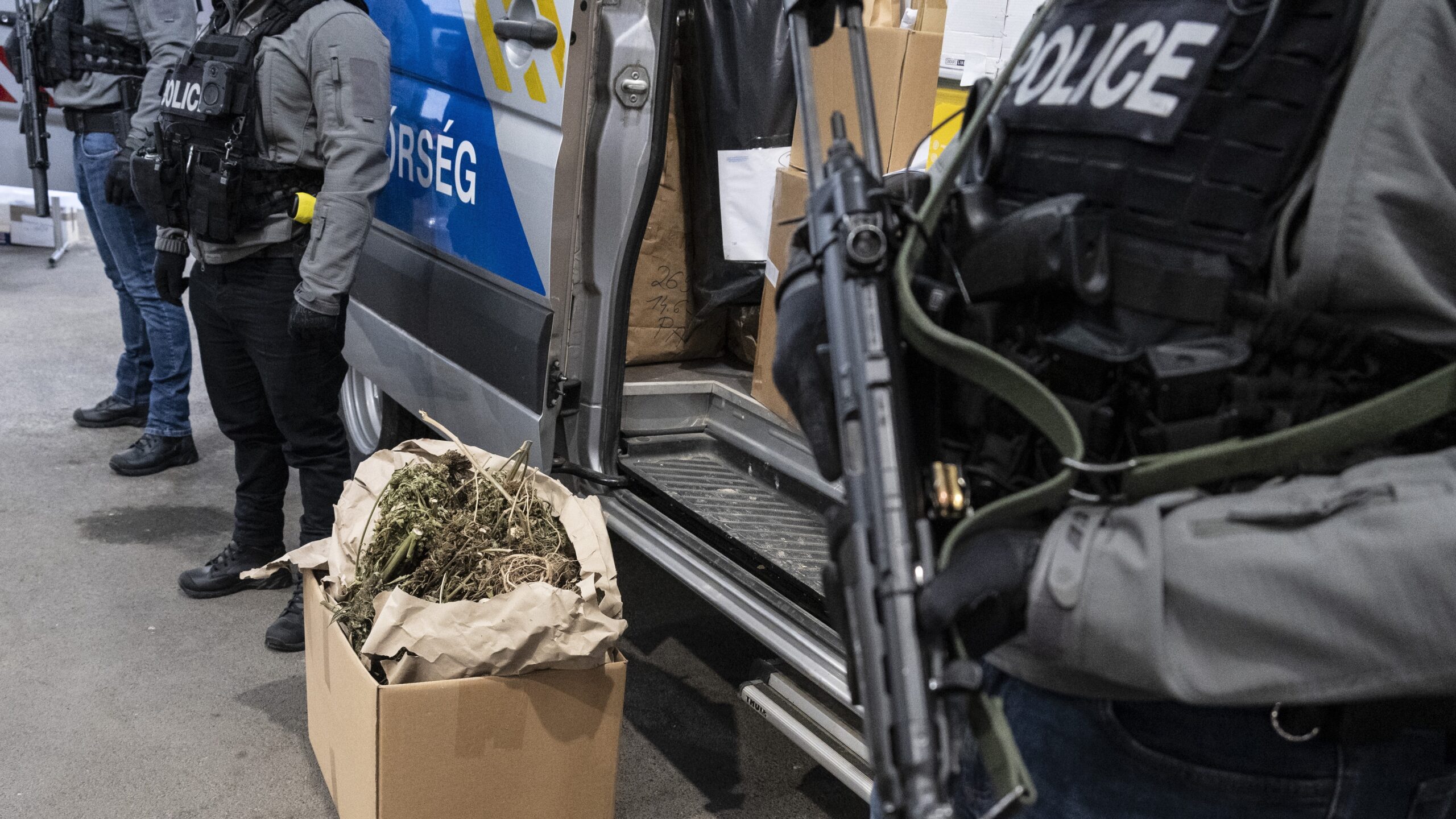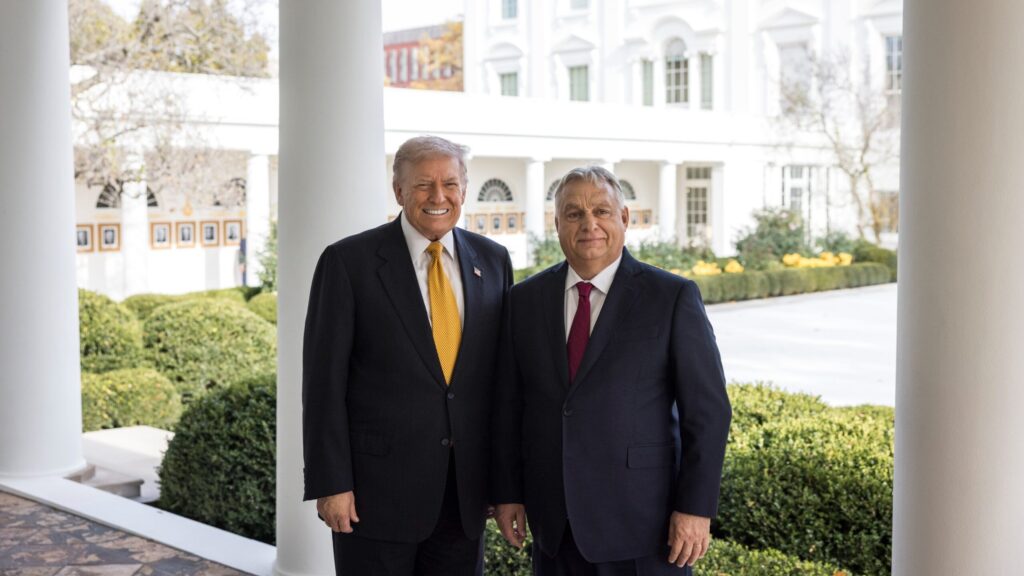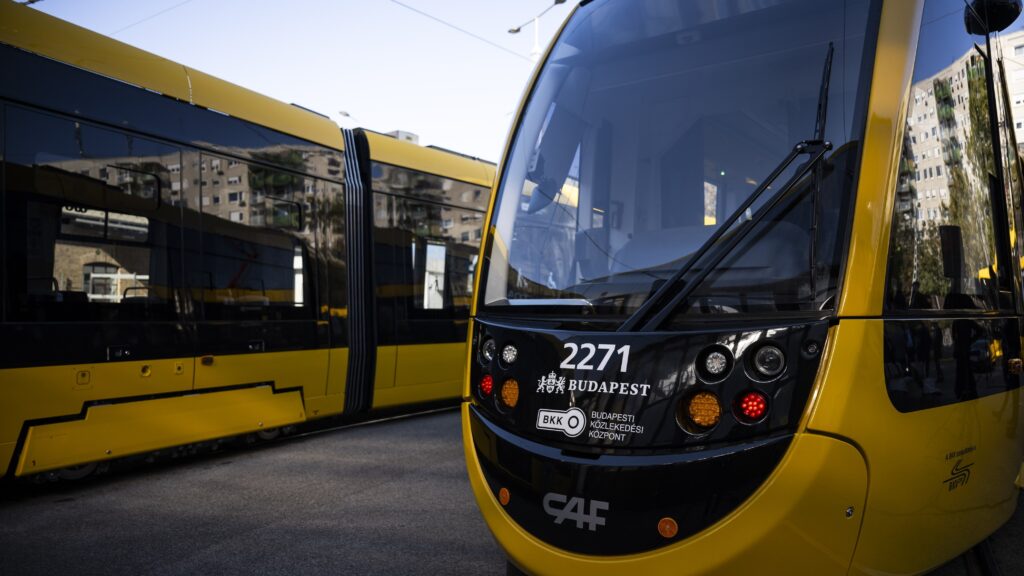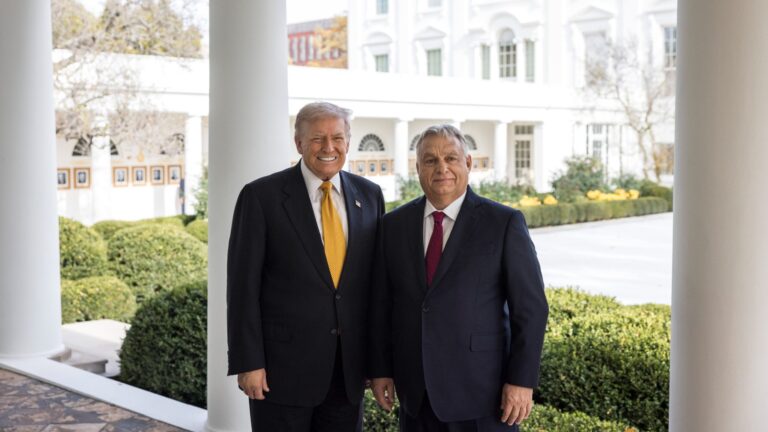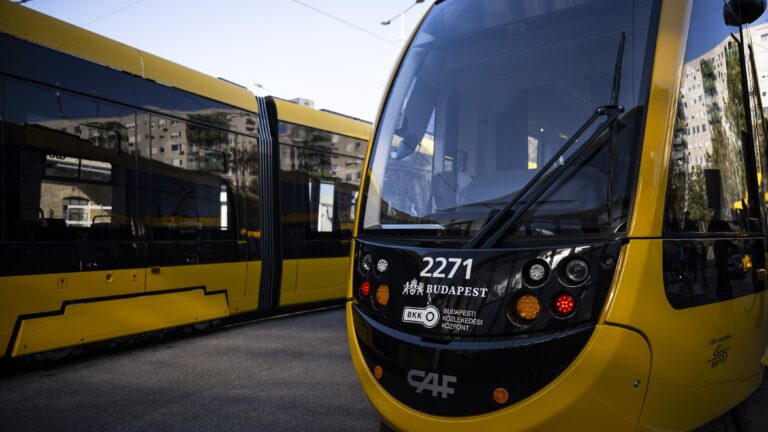Hungary still has a real chance to halt the growth of the drug industry, and a central goal must be to reduce the physical availability of narcotics, László Horváth, the government commissioner responsible for combating drug trafficking, said on Kossuth Radio.
Horváth stressed that it has become clear that Western Europe’s permissive, liberal approaches have led nowhere. Citing Germany and France, he noted that even the German health minister now acknowledges that last year’s liberalization law created more problems than it solved, while France declared this summer that the country had ‘fallen into the drug trap’ as it introduced a strict new law.
‘Our key objective is to radically cut the physical availability of drugs. When availability drops, consumption drops, and the number of new users falls. Prevention begins with ensuring there are no new entrants,’ he said, adding that zero tolerance is justified and that Hungary still has a chance to stop the drug economy.
Asked about recent allegations involving well-known musicians, Horváth pointed out that Hungary’s constitution prohibits promoting drug use, and public figures cannot ignore the responsibility that comes with their influence. Young people, he said, imitate what popular performers say and do, meaning fame carries obligations, not exemptions.
Over the past six months, roughly 8,300 criminal proceedings have been launched, and only two celebrities have been caught up in them. ‘Calling this a witch-hunt against celebrities ignores the facts,’ he said.
Discussing new regulations for entertainment venues, he emphasized that zero tolerance applies to every location. Police have been granted the power to request closures when there is reasonable suspicion, to prevent repeated offenses. If an investigation leads to a particular venue, he said, police must act, and the public deserves to know why a business was shut down.
On treatment for drug users, Horváth noted an expanding network of professional, community and church actors working in rehabilitation and prevention, but said new and modern approaches are needed. Social awareness must grow, he added, with families as the first line of defence, followed by schools, where drug dealers, often minors, already appear.
The commissioner said teachers must be better equipped to recognize signs of drug presence and use, know the different substances, and understand when and how to involve experts. ‘We are moving step by step, broadening social cooperation and awareness,’ he said.
He recalled that last week the Anti-Drug Municipalities Alliance was formed in Miskolc. At the founding meeting, members shared successful practices such as Miskolc’s sheriff system and Gyöngyös’s city policing model. Horváth described the initiative not as a new institution, but as the start of a movement.
‘We want these good practices exchanged, joint thinking encouraged, and—above all—we want action,’ he said, adding that communities must adopt new approaches to strengthen their resilience and resistance to drugs.
Related articles:

